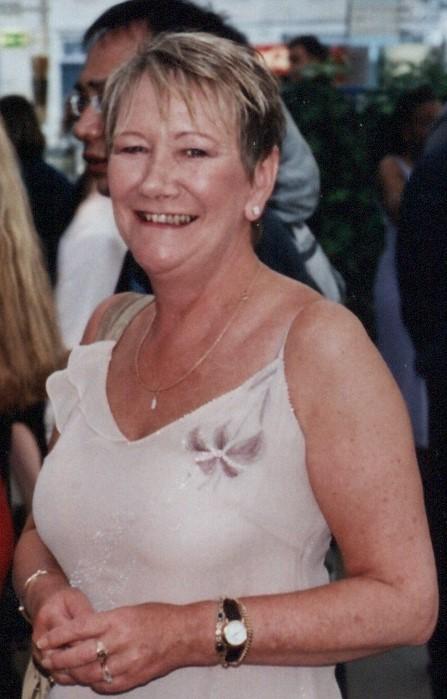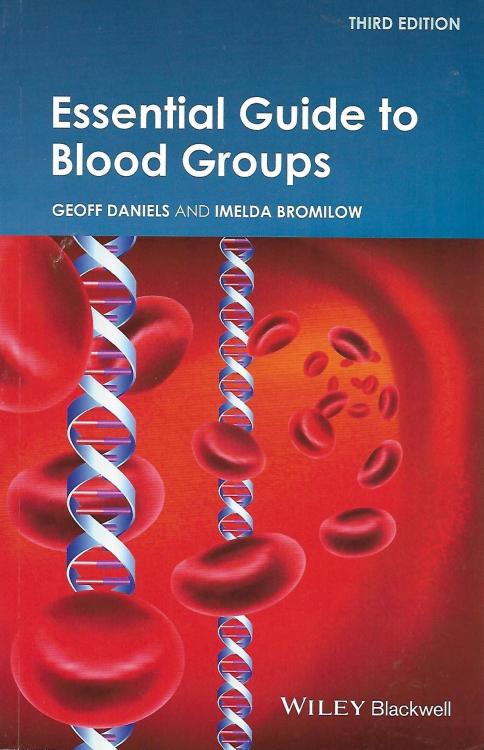Malcolm Needs
Supporting Members ☆
-
Joined
-
Last visited
-
Country
United Kingdom
Everything posted by Malcolm Needs
-
General Lab: Specimen
I just answered this question. My Score PASS
-
Welcome Rajendra Chaudhary
Welcome to this FANTASTIC site Rajendra Chaudhary. RNJOY!
-
BloodBankTalk: What is a “super Coombs” test?
NOBODY has EVER performed either an Indirect Coombs Test (ICT) (or, still worse, an Indirect Coombes Test), or a Direct Coombs Test (DCT) (or, still worse, a Direct Coombes Test). There is most certainly NOT either an Indirect or Direct AHG Test. AHG is a reagent used in both the IAT and the DAT. The correct terminology for the former test is the Indirect Antiglobulin Test (IAT) and for the latter test is the Direct Antiglobulin Test (DAT). It is true that Coombs was the primary author on three papers describing the test1-3, but Mourant and Race were his co-authors on these papers, and they are often forgotten. Indeed, Coombs himself did not like the test being referred to as the Indirect Coombs Test and the Direct Coombs Test4, particularly as the principle of the test had been described in two papers published in the early 1900s,5, 6. 1. Coombs RRA, Mourant AE, Race RR. Detection of weak and ‘incomplete’ Rh agglutinins: A New Test. Lancet 1945, 246, 15-16. DOI: 10.1016/S0140-6736(45)90806-3. 2. Coombs RRA, Mourant AE, Race RR. A new test for the detection of weak and “incomplete” Rh agglutinins. British Journal of Experimental Pathology 1945; 26(4): 255-266. 3. Coombs RRA, Mourant AE, Race RR. In vivo isosensitization of red cells in babies with haemolytic disease. Lancet 1946; 247: 264-266. DOI: 10.1016/S0140-6736(46)91925-3. 4. Coombs RRA. Historical note: past, present and future of the antiglobulin test. Vox Sang 1998; 74: 67-73. DOI: 10.1046/j.1423-0410.1998.7420067.x. 5. Moreschi C. Neue tatsachen über die blutkörperchenagglutination. Zbl Bakt 1908; 46: 49-51. 6. Friedemann U. Weitere untersuchungen über den mechanismus der anaphylaxie. Z Immunitätsforsch Exp Ther 1 Originale 1909; 2: 591-641 (cited in reference 4).
- Welcome Dan356
-
Welcome Jamie
Welcome to this AMAZING site Jamie. ENJOY!
-
Welcome Razberry
Welcome to this MARVELLOUS site Razberry. ENJOY!
-
BloodBankTalk: Which patients should receive antigen-matched red cells?
I just answered this question. My Score PASS
-
Welcome Lindsey01
Welcome to this wonderful site Lindsey01. ENJOY!
-
Welcome BB1967
Welcome to this superb site BB1967. ENJOY!
-
Antibody ID
With a syringe and cannula I trust My Good Sir!!!!!!!!!!!!!!!!
-
Welcome Thomas Maxwell, CLS
Welcome.
-
Antibody ID
I confess that I am no expert on the chemistry of this, but, as I understand it from the late Prof. Patrick Mollison's book, it is purely to do with differences in the equilibrium constants of weak and strong antibodies.
-
Welcome AnnieHulk
Welcome to this fantastic site AnnieHulk. ENJOY!
-
BloodBankTalk: Anti-CD38 and serologic interference
I just answered this question. My Score PASS
-
Welcome CBR
Welcome to this marvellous site CBR. ENJOY!
-
Antibody ID
In the Reference Laboratory I worked in (in the UK, NHSBT-Tooting Centre in London), we would freeze any useful samples from both patients and donors (although the latter were quite rare), but we also belonged to a scheme named SCARF (Serum, Cells And Rare Fluids). I must confess that, having retired in late 2016, I'm not certain that SCARF is still going, or, come to that, how much it costs to join. One thing that I would caution against, and that is diluting a "strong" antibody to make a "weak" antibody (although this is far more important when trying to make a "weak antibody" to use as a control (for example, for an IAT), as a "strong" antibody has a completely different equilibrium constant (although this may not be too important if you just use them for teaching).
-
Imelda Bromilow.
Yes. She was one of a kind!
-
Welcome NMSBB
Welcome to this brilliant site NMSBB. ENJOY!
-
Imelda Bromilow.
-
March 2024 Challenge
Great news.
-
Welcome Paul.Mansfield
Welcome to this wonderful site Paul.Mansfield. ENJOY!
-
Anti-Sciana 3
My pleasure.
-
Anti-Sciana 3
Vis-a vis Sc:-3 blood, I remember when I was working as a VERY junior member of staff in the IBGRL Red Cell Reference Laboratory of Dr Carolyn Giles and Joyce Poole, we did a family study following the relatives of an Sc:-3 female in a small village in Papua New Guinea (PNG), and we found six others. This was at least 40 years ago now, but it may be worthwhile contacting the PNG Blood Service to see if any of them are still donors, or, indeed, if they have found any other such donors.
-
Welcome farhad
Welcome farhad.
-
Welcome KLB banker
Welcome to this wonderful site KLB banker. ENJOY!







